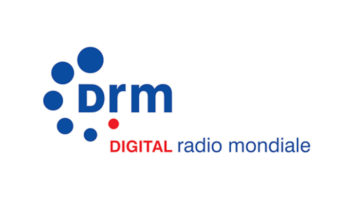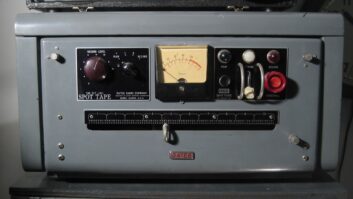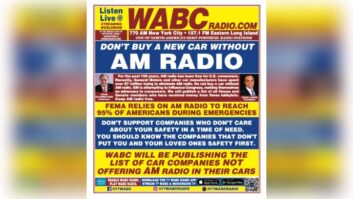
Entercom shared more details about its pending deal with CBS in a factsheet posted on its website. The graphics offers clues about how the company plans to brand itself after taking on the CBS Radio assets.
The company is positioning itself as a “leading local media and entertainment company” and able to deliver “local connection on a national scale.”
With its combined assets, Entercom says it will become the “largest pure-play radio station owner in the U.S.” with stations in 23 of the top 25 markets. Additionally, it says its stations will be home to 45 professional sports teams as well as 100+ local sports talk shows, making Entercom the “leading local sports platform.” But the company is not forgetting news and talk; it highlighted that it will own seven of the most-listened-to U.S. all-news stations. In general, the broadcaster says it will become the “leading creator of live, original, local audio content.” It also played up the power of radio, reminding advertisers about the medium’s various benefits.
Meanwhile, research firm BIA Kelsey gave us a first look at the impact on the list of top-earning U.S. radio groups. The company’s Mark Fratrik seems to have taken a positive position on the announcement: “What has emerged (assuming the deal goes through and gets regulatory approval) is a stronger radio industry.”

Click on the Image to Enlarge
Why? The new Entercom-CBS Radio conglomerate would be closer in size (and therefore better able to compete with) giant competitor iHeartMedia. As of 2015, the over-the-air advertising revenue share breakdown showed iHeartMedia as dominant with 18.5% as opposed to CBS Radio’s 8.9% and Entercom’s 3.7%. BIA Kelsey created a comparative pie chart showing what that breakdown would have looked like under the planned structure: Entercom would have 12.6% of the share, only one-third less than iHeartMedia.
How this plays out in real life, assuming the deal clears regulatory approvals, will be interesting.
Fratrik cautions, “While the total share has increased, it is important to realize that in the local markets, the markets in which these stations compete, the competitive outlook has not changed much.” Excepting, of course, the markets in which Entercom/CBS will have to divest stations (Los Angeles; San Francisco; Boston; Seattle-Tacoma, Wash.; San Diego, Calif.; and Sacramento, Calif.).







